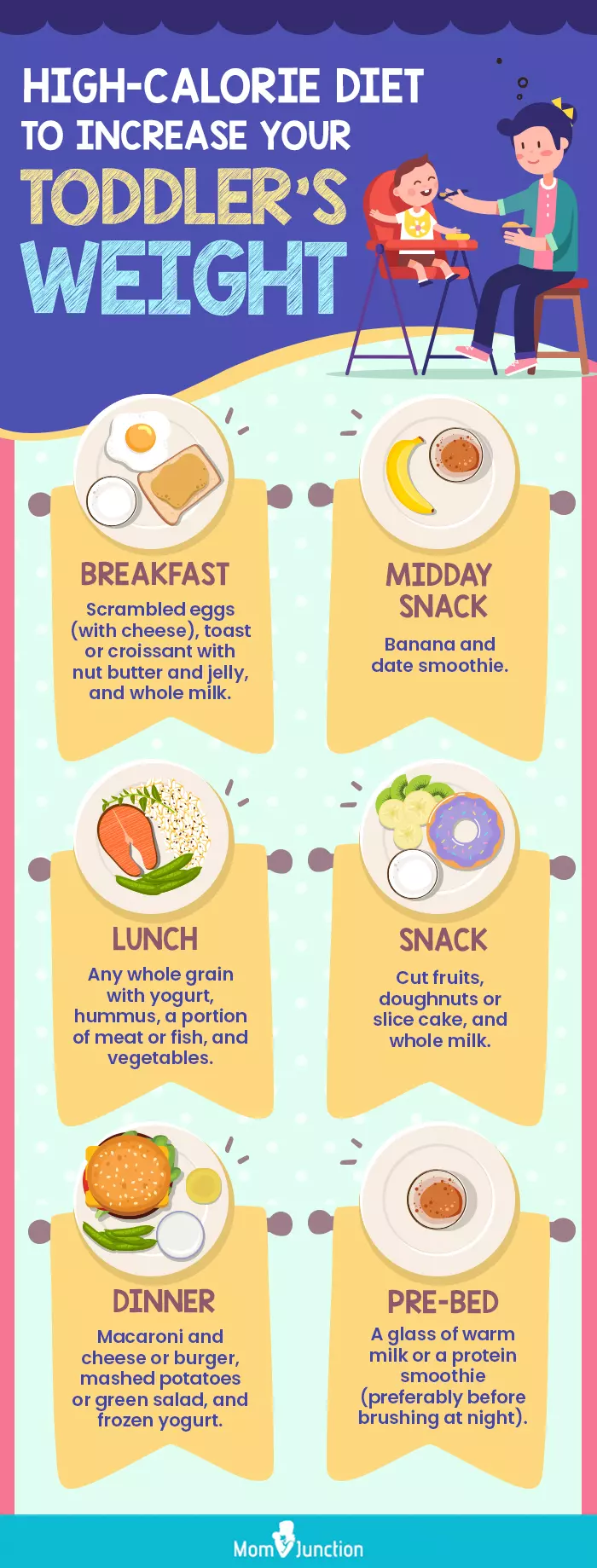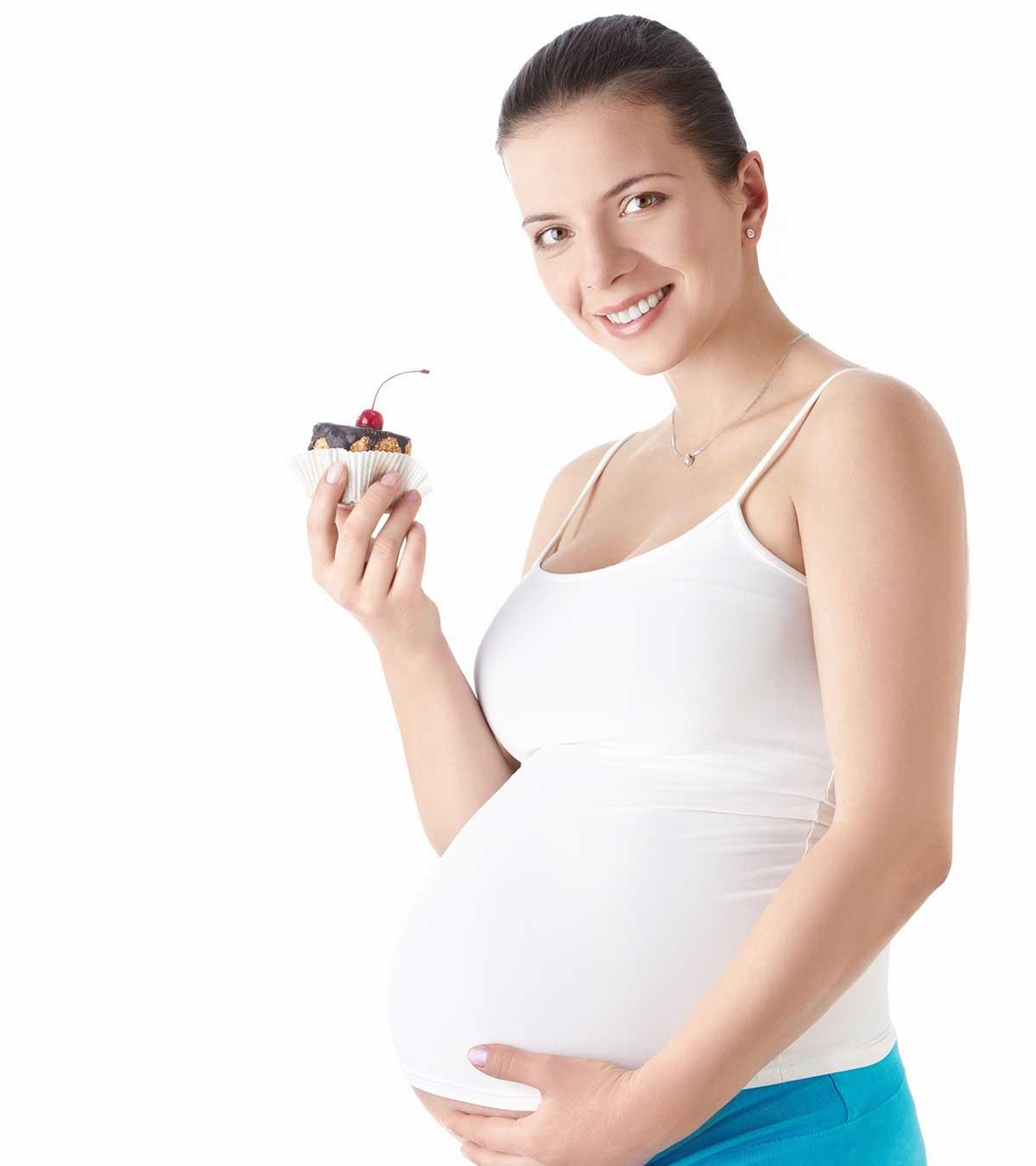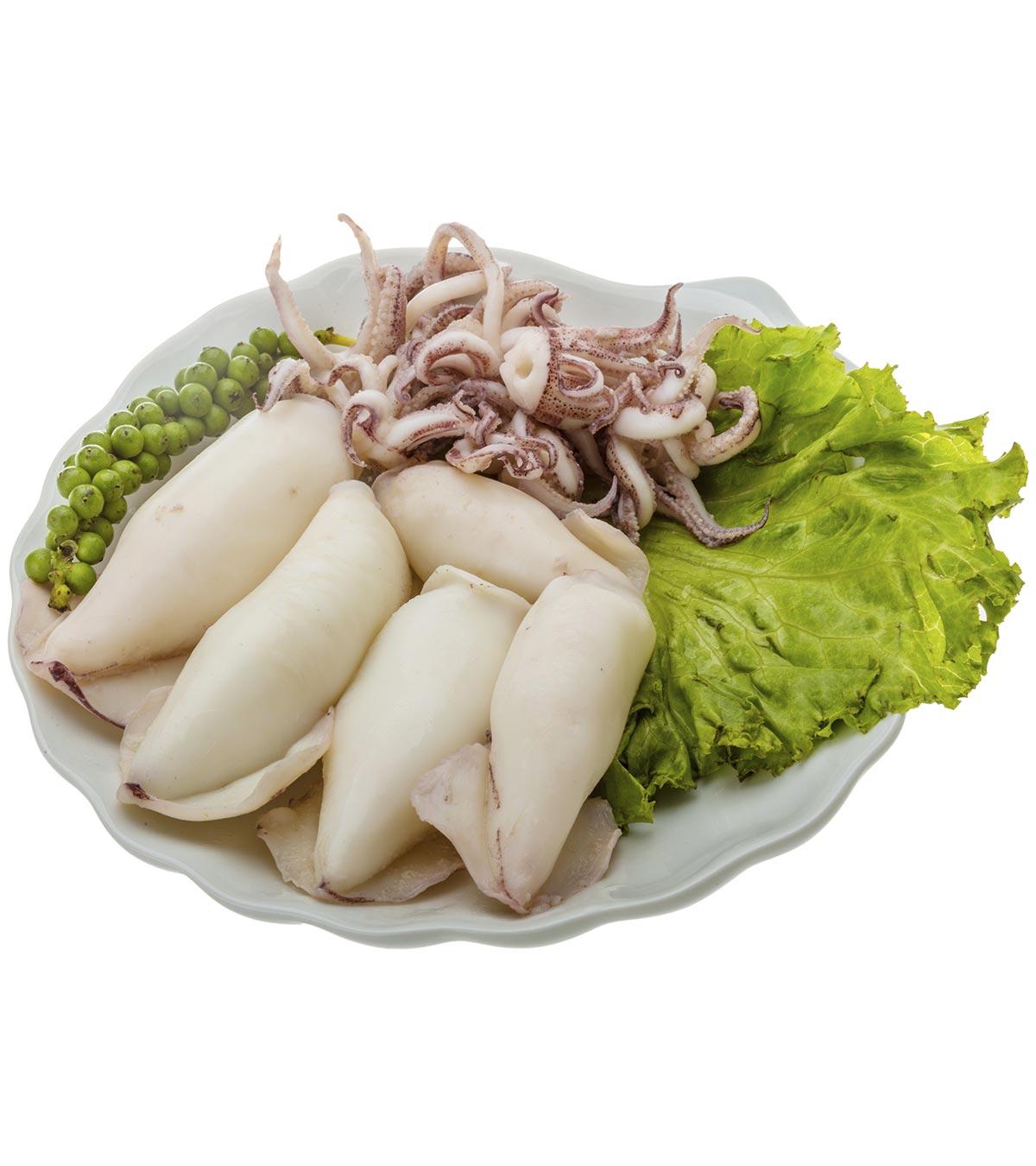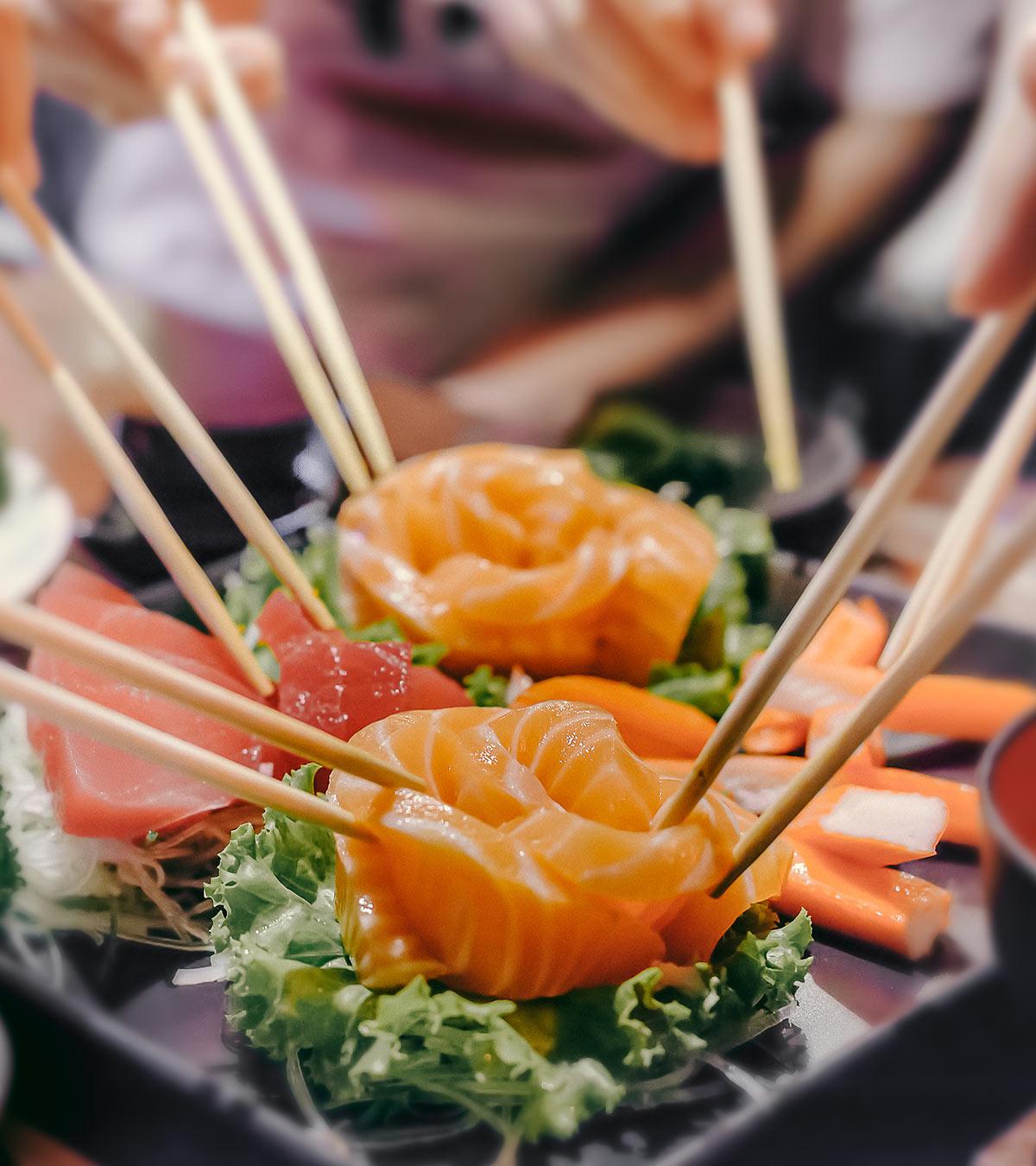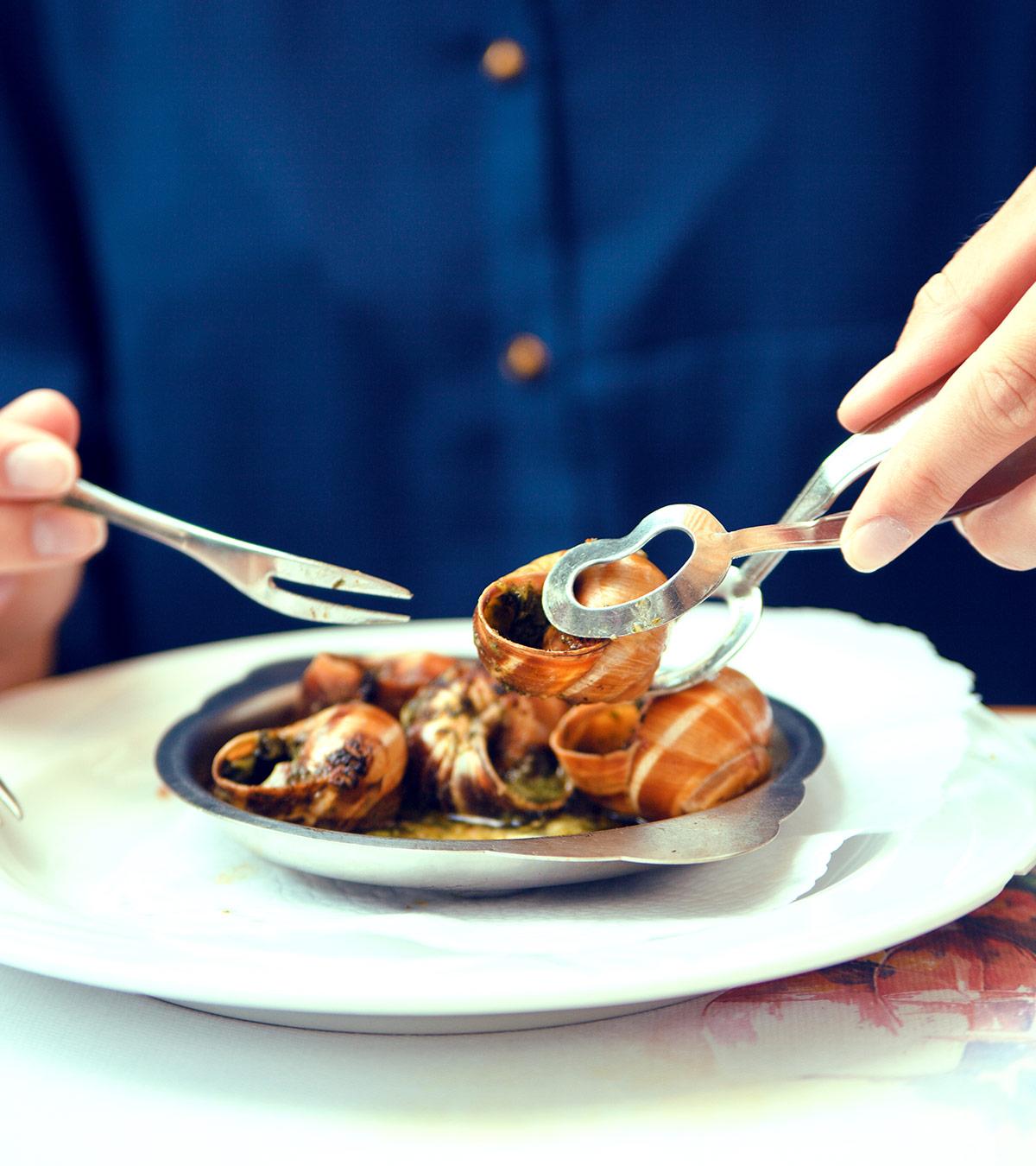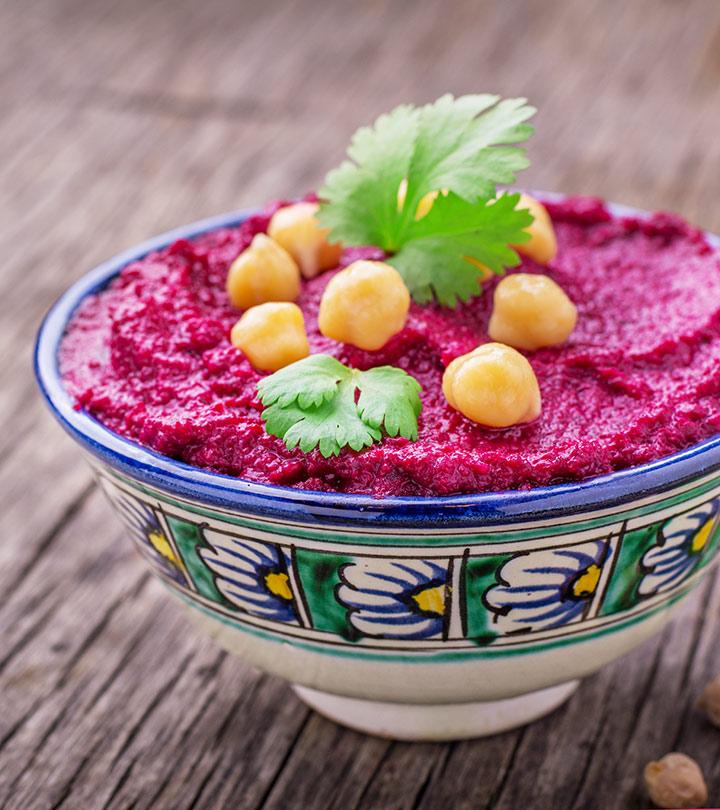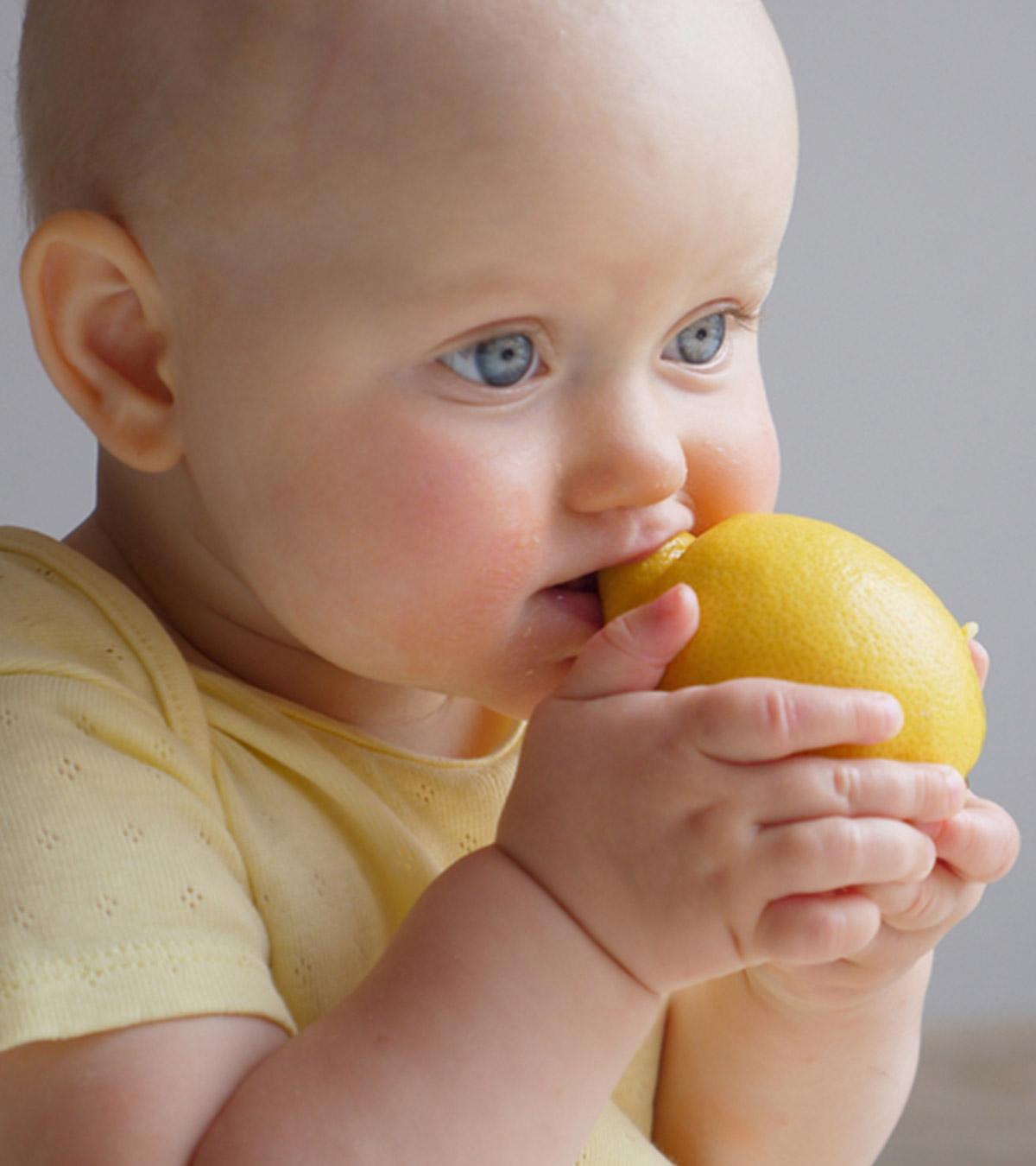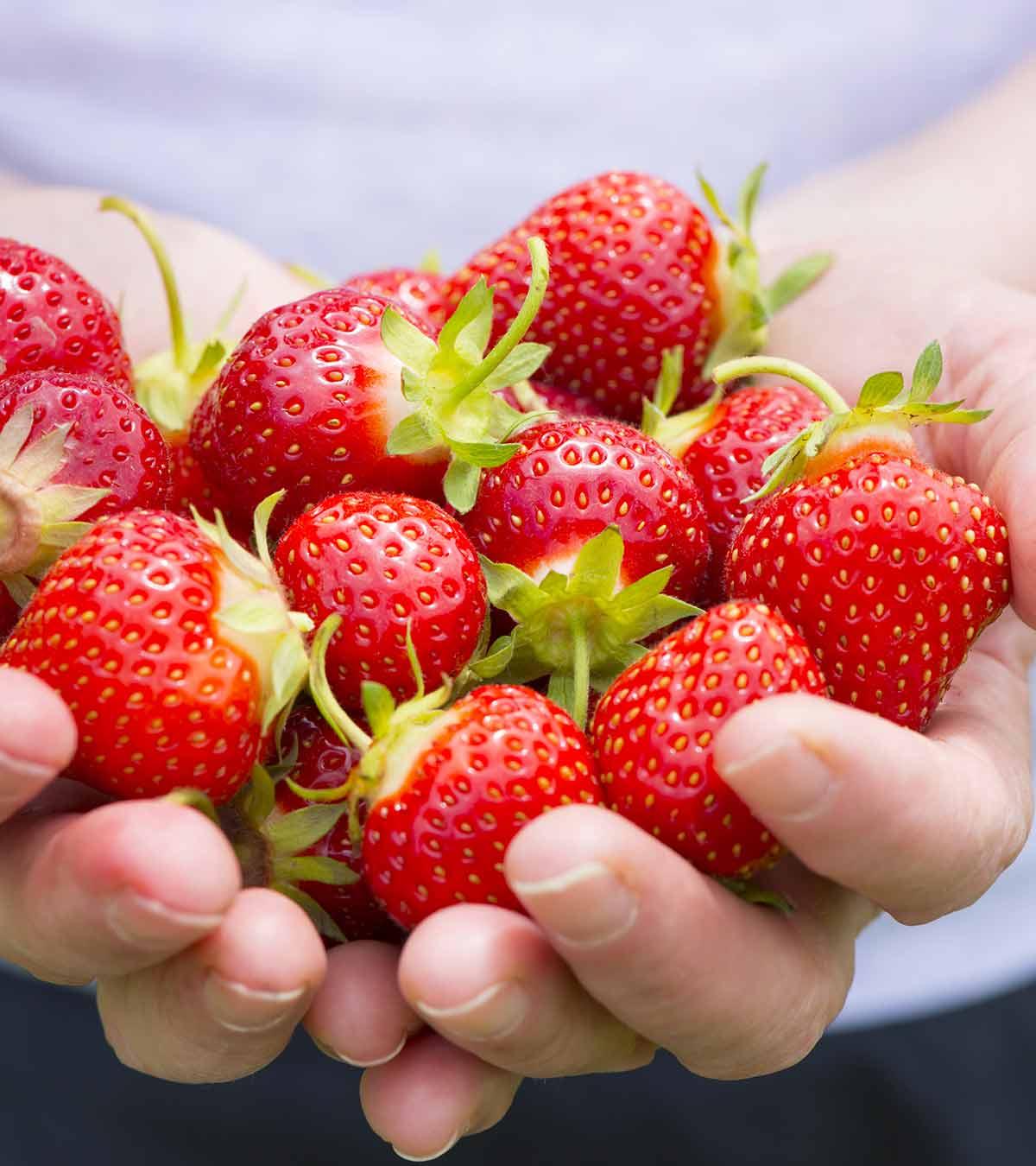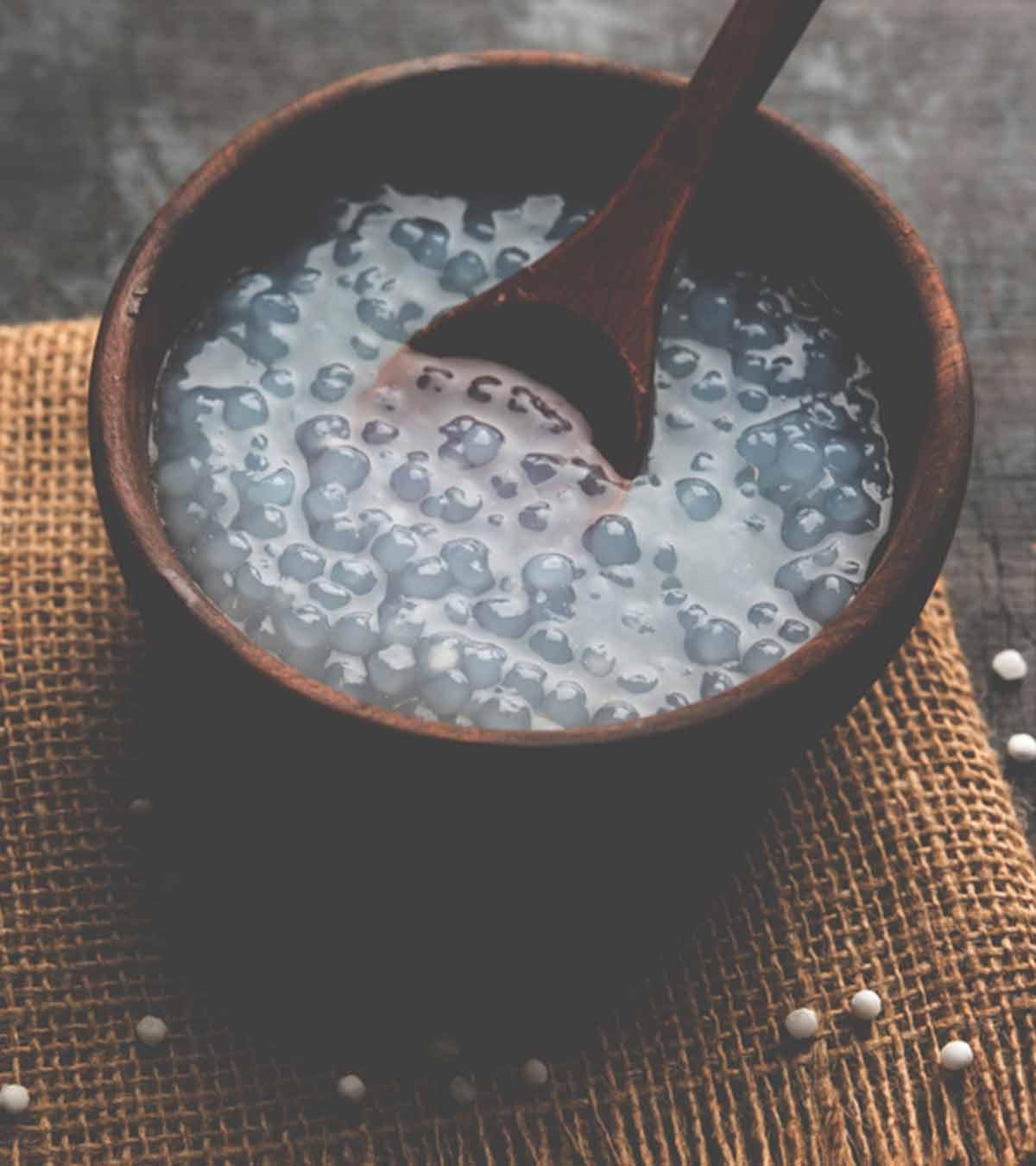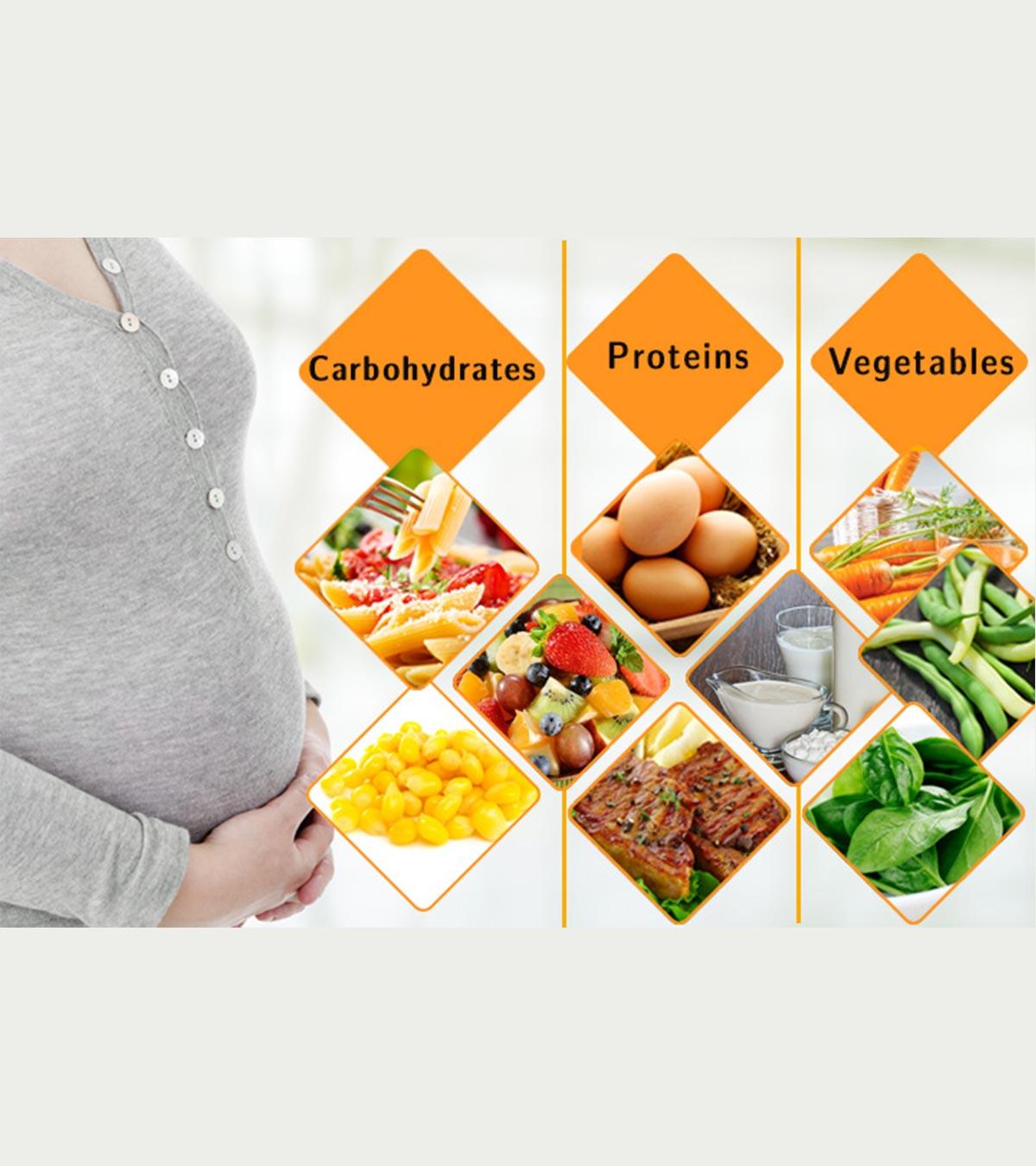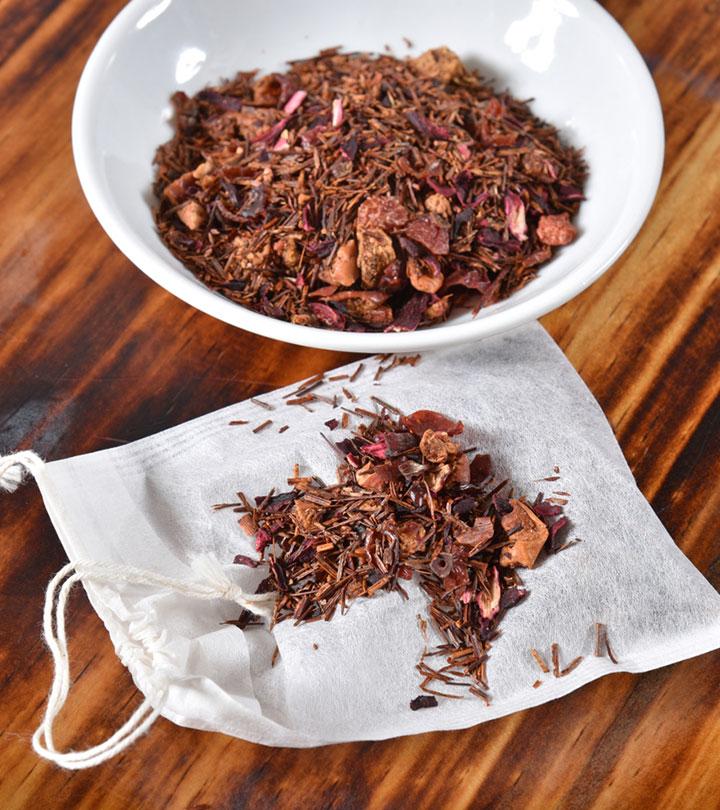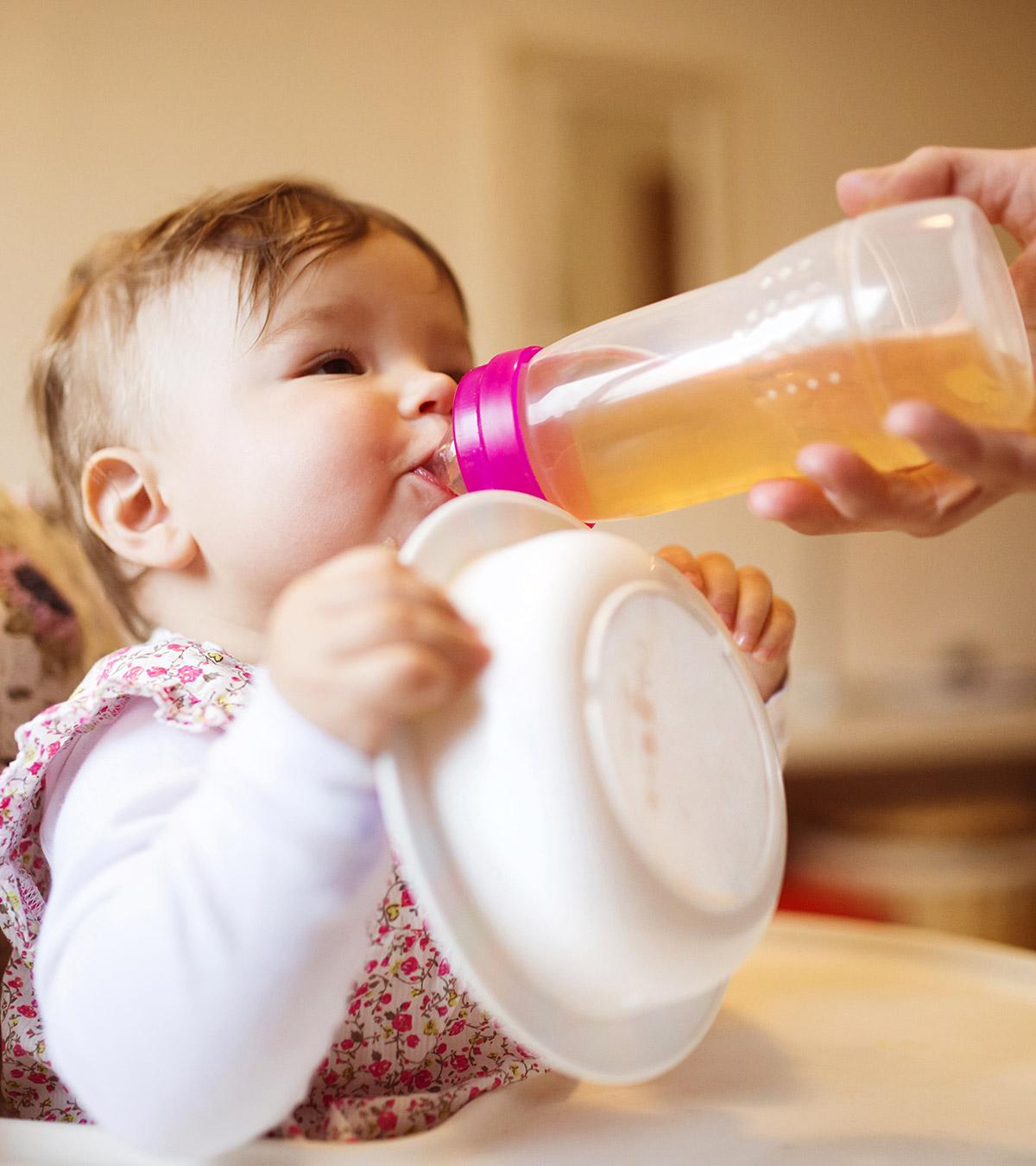
Image: ShutterStock
In 2020, the World Health Organization reported that 149.2 million children worldwide, aged under 5 years, experienced stunted growth (low height-for-age), while 45.4 million suffered from wasting (low weight-for-height). Additionally, 38.9 million children were classified as overweight. However, most people also feel that a chubby child is healthy. This belief often results in parents overlooking the problem of overweight toddlers (1). Children’s weight does not indicate that they are unhealthy as genetics often determines how much your child will weigh (2). That said, if you are still concerned about the low weight of your child, you may consult a doctor to ensure that they are not being affected by an underlying condition. If your doctor ensures that your child is healthy, you may start giving high-calorie food to gain weight. This post shares a list of high-calorie food suitable for toddlers, tips to make their daily diet rich in calories, and some important points to remember while feeding your child.
High Calorie Foods For Toddlers To Gain Weight
Your toddler needs a healthy and balanced diet to gain weight
. You might despair at your toddler’s small appetite. But remember that they have a small stomach. It is difficult for them to get all the calories from three major meals. So, you need to ensure that they also get healthy snacks and nutrient-dense foods throughout the day. If you are confused about what to feed your little one, try this food guide. It lists all the high-energy healthy foods for toddlers.
Your growing child’s diet must include (3):
- Waffles
- Pancakes
- French toast
- Muffins
- Croissant
- Doughnuts
- Banana bread
- Raisin bread
- Pasta with olive oil or butter
- Fried potatoes
- Fried onion rings
- Vegetables like peas and carrots topped with cheese
- Avocado
- Bananas
Image: Shutterstock
- Mango
- Dried Fruits
These are just a few of the high-calorie toddler foods you can include.
How Can You Make Every Bite Count:
There are ways you can turn simple everyday dishes into calorie rich delicacies! Wondering how? Let us show you!
1. Use Good Fats:
Top your toddler’s daily foods with healthy fats like unsalted butter, cream, cheese, mayonnaise, and nut butter. Fats are full of calories and essential for your toddler’s brain development.
2. Go For Full-Fat Dairy Products:
Make sure your toddler’s diet has ample amounts of full-fat dairy products like milk, yogurt, and cheese. You can add shredded cheese to her vegetables, rice, and other dishes to bulk them up. You can also give her cheese slices as finger food.
Khushboo, a British Expat, a stay-at-home mother of one, and a blogger, shares how she includes high-calorie foods in her daughter’s diet. She says, “Rich in calcium, phosphorus, and selenium, cheese can be added to your little one’s food in a variety of ways. Grated cheese can be added to her pureed food, sprinkled on bread, or even munched on as finger food. Whenever we have pizza, Azmu loves to pull the cheese strings and pretend that she is eating noodles. And don’t even get me started on Mozzarella sticks! Yum (i)!”
 Quick tip
Quick tip3. Try Smoothies:
Image: Shutterstock
So your toddler likes all things liquid? Try healthy smoothies! Here are some smoothie recipes for you to try:
- Orangy Delight: Just blend orange juice and vanilla ice cream. Your toddler will surely enjoy the taste and will also get the required amount of vitamin C and calories!
- Fruity Goodness: Blend whole milk yogurt, high-calorie milk, and fruits of your choice. A great way to provide your fussy toddler with her daily fruit portions!
- Go Grapy: All you need for this recipe is some full fat milk and grape juice concentrate. Mix and serve!
4. Cook Healthy Soups:
Does your toddler like soups? Well, make some with milk instead of water!
5. Add Calories To Potato:
Most toddlers love to eat potatoes. If your little one too enjoys eating these starchy veggies, add some more calories to them. Simply mix cheese or milk to the potato.
Things To Keep In Mind:
Providing your toddler with calorie rich food is not enough! You need to keep some points in mind to ensure healthy weight gain.
- Introduce solids, and a variety of them, to your baby as soon as you can. Babies, who are exposed to different foods at an early age, go on to enjoy eating later in life (4).
- A majority of toddlers fill 40% of their energy needs through empty calories (5). You may be tempted to feed your little one junk food in the hope of putting some food inside her. But in the long run, you may be doing more harm than good. The empty calories derived from junk food does nothing for your toddler’s health but can lead to childhood obesity (6).
Point to consider
Encourage your child to be physically active as it promotes the development of their bones and muscles even when they are underweight (12).Image: Shutterstock
- When it comes to milk, talk to your pediatrician. Most doctors prescribe full-fat milk for toddlers. But according to research, even skimmed milk can lead to weight gain in children between two to four years of age (7). So, before you turn to full-fat milk, discuss it with your doctor.
- Avoid juices. They are full of vitamin C but can also cause tooth decay. Juices also lack sufficient calories. So, feed your toddler juices in moderation. Also, give her solid food before liquids (8).
- Give her healthy snacks. Instead of cookies and chips, let her graze on avocado slices!
- Don’t load your toddler’s diet with fiber-rich foods. These can fill her up without providing sufficient calories.
 Point to consider
Point to considerFrequently Asked Questions
1. What can I feed my underweight toddler?
If your toddler is underweight, avoid giving them cakes, chocolates, unhealthy desserts, or sugary drinks. Instead, focus on providing a well-balanced diet that includes various healthy foods like fruits, vegetables, starchy carbohydrates such as potatoes and rice, dairy products or their alternatives, pulses, beans, fish, meat, and eggs. Additionally, whole grain cereals, granola, small amounts of unsaturated oils, and enough fluids are other foods toddlers should consume to gain a healthy weight (9):
- A variety of fruits and vegetables
- Meals with starchy carbohydrates, such as potatoes and rice
- Dairy products or their alternatives
- Pulses, beans, fish, and egg
- Small amounts of unsaturated oils
- Adequate fluids
2. Why is my toddler not gaining weight?
Some reasons for your toddlers to not gain weight could be because they are (10):
- Not getting enough calories
- Not eating enough food
- Having health problems, such as gastroesophageal reflux and cystic fibrosis
- Dealing with infections
- Having an intolerance to certain foods
- Having metabolic disorders
3. How can I increase my toddler’s appetite?
You can improve your toddler’s appetite in the following ways: (11)
- Set a good example of eating in front of them
- Encourage physical activity
- Give them a choice about what they want to eat
- Reward good eating habits
- Try to keep the mealtimes fun and relaxed
4. Do toddlers go through phases of not eating?
Yes. It is totally normal for toddlers to go through a phase of loss of appetite (12).
A child’s weight is not an indicator of their health. However, if you are concerned that your child is not gaining weight, changing their diet may help resolve this issue. Offering high-calorie foods to toddlers will help them gain weight. Since children have a small appetite, offer foods such as french toast, muffins, fried potatoes, and bananas at regular intervals. Further, add good fats, full-fat dairy products, smoothies, energy bars, and potatoes, to your child’s diet. Most importantly, choose healthy snacks and avoid packaged juices, cakes, cookies, etc. Talk to your doctor if you have any questions about your child’s weight and diet.
Infographic: High-Calorie Diet For Weight Gain In Toddlers
Toddlers require healthy balanced meals to sustain their energy to be active throughout the day. So, do you want to know how to strategize meals to ensure your toddler gains a healthy weight? Check out the infographic below for the answer.
Illustration: Momjunction Design Team
Key Pointers
- A balanced and healthy diet that includes high-calorie snacks is essential for your child’s weight gain.
- You can increase calorie intake by feeding your toddler full-fat dairy, healthy smoothies, and good fats.
- Consider introducing a variety of solids into your child’s diet to ensure they receive all the necessary nutrients.
- Avoid consuming empty calories from juice and junk food.
- Promote physical activity to complement your child’s diet.
Personal Experience: Source
MomJunction articles include first-hand experiences to provide you with better insights through real-life narratives. Here are the sources of personal accounts referenced in this article.
i. On my toddler’s menu – super healthy weight gain foods.https://mumzynotebook.wordpress.com/2017/02/26/on-my-toddlers-menu-super-healthy-weight-gain-foods/
References
- Erin R Hager et al.; (2012); Maternal perceptions of toddler body size: accuracy and satisfaction differ by toddler weight status.
https://pubmed.ncbi.nlm.nih.gov/22566540/ - Charlotte Malis et al.; (2005); Total and regional fat distribution is strongly influenced by genetic factors in young and elderly twins.
https://pubmed.ncbi.nlm.nih.gov/16421348/ - High Calorie Diet for Infants and Toddlers.
https://patient.uwhealth.org/healthfacts/343 - S A Sullivan and L L Birch; (1994); Infant dietary experience and acceptance of solid foods.
https://pubmed.ncbi.nlm.nih.gov/8121740/ - Where Kids Get Their Empty Calories.
https://www.nih.gov/news-events/nih-research-matters/where-kids-get-their-empty-calories - Shanthy A Bowman et al.; (2004); Effects of fast-food consumption on energy intake and diet quality among children in a national household survey.
https://pubmed.ncbi.nlm.nih.gov/14702458/ - Rebecca J Scharf et al.; (2013); Longitudinal evaluation of milk type consumed and weight status in preschoolers.
https://pubmed.ncbi.nlm.nih.gov/23508869/ - Fruit Juice and Your Child’s Diet.
https://www.healthychildren.org/English/healthy-living/nutrition/Pages/Fruit-Juice-and-Your-Childs-Diet.aspx - Underweight children aged 2 to 5.
https://www.nhs.uk/live-well/healthy-weight/childrens-weight/how-to-help-your-child-gain-weight/ - Failure to Thrive.
https://kidshealth.org/en/parents/failure-thrive.html#:~:text=Problems%20with%20the%20digestive%20system,Food%20intolerance - My Toddler’s Appetite Has Decreased. What Should I Do?
https://www.unlockfood.ca/en/Articles/Childrens-Nutrition/Picky-Eating/My-toddler%E2%80%99s-appetite-has-decreased-What-should-I.aspx - Why Is My Child Suddenly Not Eating?
http://healthcare.utah.edu/the-scope/shows
Read full bio of Jyoti Benjamin
Read full bio of Swati Patwal
Read full bio of Vidya Tadapatri








